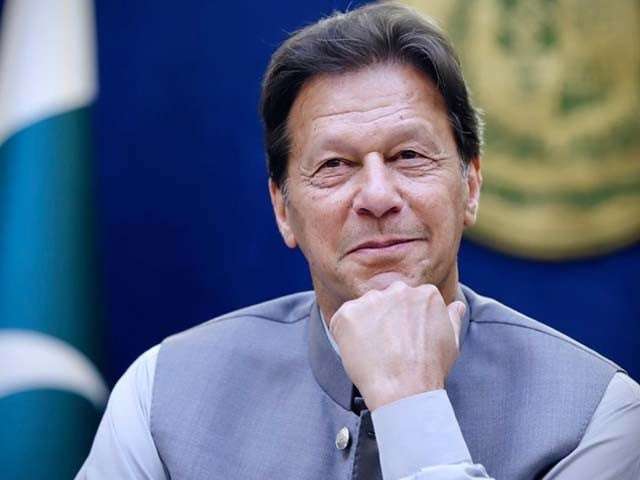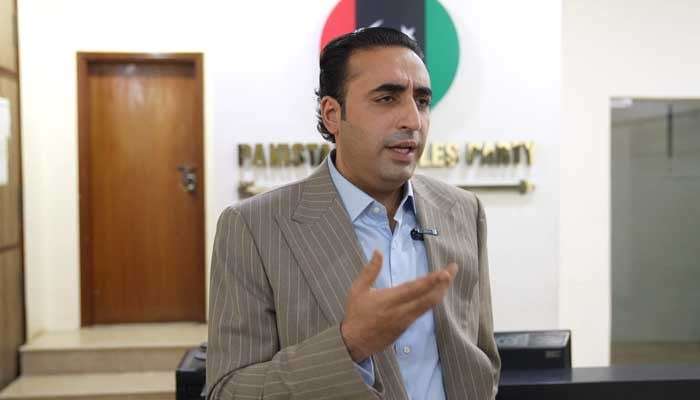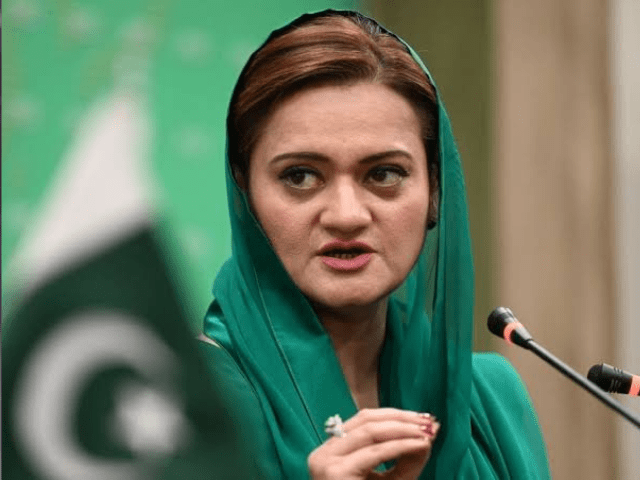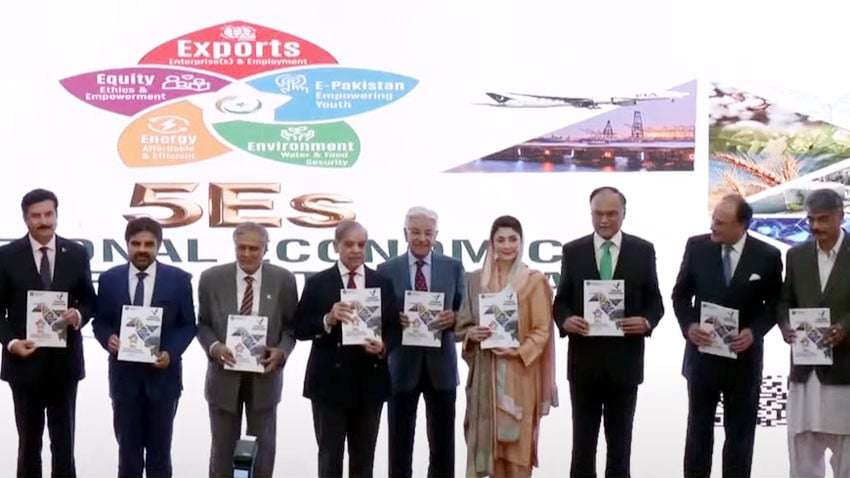The Islamabad High Court (IHC) has granted bail to former Prime Minister Imran Khan in the Toshakhana 2.0 case, a significant development that has drawn considerable attention. This case revolves around allegations that Khan, along with his wife, Bushra Bibi, illegally retained a set of Bulgari jewelry gifted during a visit to Saudi Arabia. The ruling marks an important legal moment in Pakistan’s political and judicial landscape. In this article, we will delve deeper into the specifics of the case, the legal arguments, and what this bail decision means for Imran Khan.
Bail Granted in Toshakhana 2.0 Case
On Wednesday, the Islamabad High Court (IHC) approved Imran Khan’s bail plea, a decision that came after a detailed legal proceeding. The court’s order stipulated that Imran Khan would be released upon submitting surety bonds of Rs 1 million each. This ruling grants the former prime minister temporary relief, but it also comes with the condition that he must appear before the trial court as the case progresses.
Legal Arguments for Imran Khan’s Bail
Imran Khan’s legal team, led by Barrister Salman Safdar, presented strong arguments for the bail application. The lawyer argued that the charges against Khan were based on the allegation of using his influence for personal gain, which he contested as unfounded. Safdar pointed out that the charge sheet did not clearly identify the central accused in the case, raising doubts about the prosecution’s position.
Moreover, the defense lawyer highlighted that the case was filed more than three years after the alleged incident, questioning the validity of such a delayed prosecution. He further contended that no criminal activity had been committed under the Toshakhana policy, arguing that the gifts in question were acquired following the established legal procedure.
Court’s Observations on Toshakhana Policy
During the proceedings, Justice Miangul Hassan Aurangzeb made crucial observations regarding the former government’s policy of keeping Toshakhana details confidential. He noted that such information was often withheld, even when the court requested it. This remark indicated that transparency and accountability surrounding the Toshakhana procedure had been questionable.
The FIA’s Counter-Arguments
On the other hand, the Federal Investigation Agency (FIA) prosecutor raised concerns regarding the Bulgari jewelry set in question. The prosecutor claimed that the jewelry set was not registered with Toshakhana and alleged that Imran Khan and his wife caused a financial loss to the state by undervaluing the gifts. The prosecutor specifically pointed out that the undervaluation of the jewelry set amounted to a significant loss to the national treasury.
Toshakhana 2.0 Case: Background
The Toshakhana 2.0 case revolves around a set of Bulgari jewelry that Bushra Bibi received during a visit to Saudi Arabia between May 7 and May 10, 2021. The jewelry set consisted of a ring, bracelet, necklace, and a pair of earrings. These gifts were not deposited in the Toshakhana, as per the legal procedure, leading to allegations of illegal retention.
The Investigation and Findings
The investigation revealed that, although the Deputy Military Secretary had informed the Toshakhana Section Officer to assess and declare the value of the Bulgari jewelry set on May 18, 2021, the items were not deposited as required. The jewelry set was sold to the Saudi Arabian franchise Solugent Trading for a significant sum, raising concerns about the accuracy of the valuation process.
The total value of the Bulgari jewelry set, as of May 28, 2021, was approximately Rs 75,661,600. This included the necklace, valued at Rs 56,496,000, and the earrings, valued at Rs 15,065,600. The values of the bracelet and ring were not available at the time of investigation.
Violation of Toshakhana Rules
Under Toshakhana rules, gifts received by government officials must be deposited in the official treasury. The law mandates that the recipient pay 50 percent of the gift’s value to retain it. However, the NAB reference added that by undervaluing the jewelry set, a loss of approximately Rs 32,851,300 was caused to the national treasury.
The charges brought against Imran Khan and his wife, Bushra Bibi, stem from these alleged violations of the Toshakhana rules. They have been accused of breaching multiple sections of the NAB Ordinance 1999, including Section 9 and Subsections 3, 4, 6, and 12.
The Legal Implications of the Bail Decision
While the IHC’s decision to grant bail to Imran Khan provides temporary relief, it does not signify the end of the legal proceedings. The trial will continue, with the former prime minister required to appear before the trial court. The court also issued a warning, stating that the bail could be revoked if misused in the future.
Impact on Imran Khan’s Political Career
The Toshakhana 2.0 case has not only legal but also significant political implications. Imran Khan’s legal team has consistently argued that the case is politically motivated, aiming to undermine his credibility. As one of Pakistan’s most influential political figures, Khan’s legal battles are watched closely, both domestically and internationally.
The granting of bail in this case could influence his supporters’ perception of the political landscape, offering hope for those who believe in his innocence. On the other hand, it could also fuel the opposition’s arguments against him, further intensifying the political rivalry.
The Role of the Judiciary in High-Profile Cases
This case has also highlighted the critical role of the judiciary in handling high-profile cases. The IHC’s decision to grant bail showcases the legal system’s ability to evaluate arguments objectively, ensuring that all parties involved are afforded a fair chance to present their case. At the same time, the court’s remarks about the lack of transparency in government policies, particularly regarding Toshakhana, call for a more open and accountable system.
Frequently Asked Questions (FAQs)
1. What is the Toshakhana 2.0 case?
The Toshakhana 2.0 case involves allegations that Imran Khan and his wife, Bushra Bibi, illegally retained a set of Bulgari jewelry gifts without depositing them in the Toshakhana, as required by law.
2. Why was bail granted to Imran Khan in the Toshakhana 2.0 case?
Imran Khan was granted bail because the court found merit in his arguments, including the delayed filing of the case and the lack of clarity in the charge sheet. The court also ordered the submission of surety bonds.
3. What was the value of the Bulgari jewelry set in question?
The total value of the Bulgari jewelry set, including a necklace, earrings, bracelet, and ring, was approximately Rs 75,661,600.
4. What are the charges against Imran Khan in this case?
Imran Khan and his wife have been accused of violating Toshakhana rules, including undervaluing the jewelry set and causing a financial loss to the national treasury.
5. What is the next step after the bail?
After securing bail, Imran Khan is required to appear before the trial court, and the case will continue. The bail can be revoked if misused in the future.
Conclusion
The IHC’s decision to grant bail to Imran Khan in the Toshakhana 2.0 case marks a significant moment in Pakistan’s legal and political history. While this decision provides temporary relief for Khan, the case remains ongoing, with important implications for the country’s political landscape. As the trial continues, the actions of the judiciary will be crucial in shaping public opinion and ensuring that justice is served



